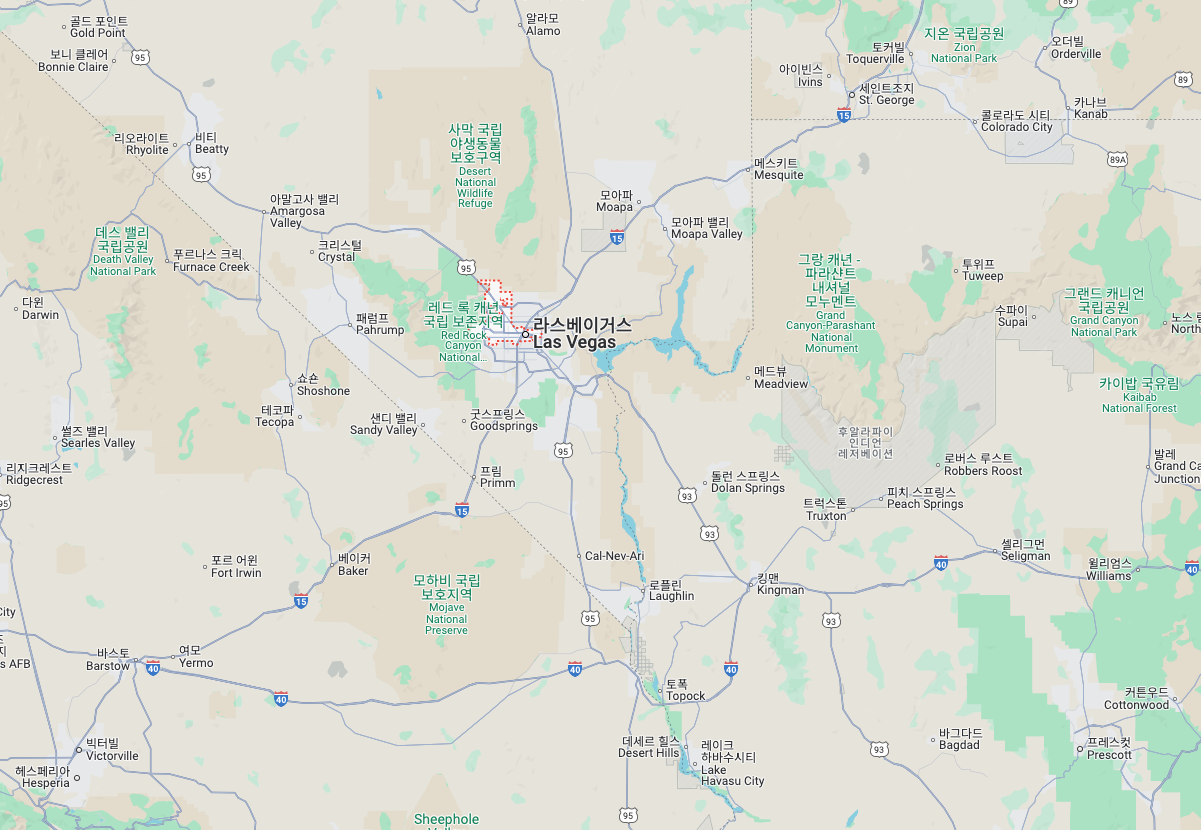You should contact an experienced immigration attorney to review your case and help you with all the necessary paperwork and supporting evidence. As a widow, you already have more than enough on your plate without having to worry about whether you can prove on your own that you meet the requirements for a green card.
At the Hayoon Kane Law Firm, PLLC, our immigration attorney is, first and foremost, sorry for your loss of your spouse. We know this is a difficult time, so we are here to oversee the immigration process and make it as easy for you as possible. Call our office today for more information.
Can a Widow Apply for a Green Card?
You can apply for a green card as the widow of a United States citizen. The fact that your spouse died does not mean that you have to leave the United States. You may need to meet some further requirements, but you can still obtain lawful permanent resident status that allows you to live and work in the country, so long as you fulfill all of the necessary conditions.
What Are the I-360 Widow Requirements?
The requirements for a green card for a widow are similar to those if your spouse was still alive. You also need to meet some additional requirements to qualify for this type of green card.
Specifically, to be approved as a lawful permanent resident when your spouse has passed away, the following must apply:
- You were married to a United States citizen at the time of their death
- You have applied for the green card within two years of the time that your spouse passed away
- You have not since remarried (if you have remarried, you would not be eligible for a widow-based green card, but you may have other options for naturalization)
- The marriage was bona fide and not for immigration purposes
- You are not otherwise inadmissible to the United States
You may have additional challenges in proving that the marriage was a bona fide one because you lose the ability to present statements and evidence directly from your spouse. You must still assemble a persuasive set of documentation to include with your petition to show the USCIS that the marriage was not for immigration purposes.
How Can I Prove That the Marriage Was Bona Fide?
The evidence that you need to show that your marriage was bona fide depends on the facts and circumstances of your situation. An experienced immigration attorney can compile persuasive evidence. You may consider providing the following to USCIS:
- Evidence that you shared a joint residence with your spouse, which can include a lease agreement, mortgage statement, or other bills in both of your names that pertained to the residence
- Proof that you and your spouse shared finances during your marriage
- Statements and affidavits from family members and others who know you
- Pictures of you and your spouse together and communications between the two of you
- Birth certificates for children that were born to you as a couple
You also need to provide both a copy of your spouse’s marriage certificate and your spouse’s death certificate.
What Happens if a Spouse Dies During the Immigration Process?
You may have already filed a Form I-130, seeking a marriage-based green card while your spouse was still alive. If you have already submitted this paperwork to USCIS, you do not need to file new paperwork. The Form I-130 you have already filed will automatically be converted to the Form I-360. As the surviving relative, you can continue with the process you had already started.
What if No Form I-130 Was Already Filed When Your Spouse Died?
If you have not already applied to a marriage-based green card, you can apply for lawful permanent residency as the widow of a United States citizen. Then, you will begin the process by filing a Form I-360. You need to include a copy of the death certificate. USCIS will also perform the relevant background checks and determine whether you are otherwise admissible to the United States.
When Can a Green Card for a Widow of a U.S. Citizen Be Denied?
A green card for a widow may be denied for the same reasons a married person may not have their petition approved. When any type of green card that derives from marriage is at issue, USCIS may find that the marriage was not bona fide in the first place. They might also have concerns about the admissibility of the petitioner. For example, the petitioner may have a criminal record that includes convictions of crimes of moral turpitude, such as theft or other crimes of dishonesty. There might also be national security concerns that USCIS may have after performing a background check on the petitioner.
USCIS may not immediately deny your petition. They may reply to your initial petition with a Request for Evidence, such as when they do not believe you have submitted enough proof of a bona fide marriage. In that case, you need to respond to USCIS and provide them with the additional answers and evidence they are seeking. You should not attempt to respond to USCIS without the help of an experienced immigration law attorney because the next communication from USCIS might be a denial of your petition.
You have the right to appeal any denial of your petition. You can begin with a request for reconsideration if you believe that USCIS has made a mistake of fact or law. You may also file an appeal with the following:
- The Board of Immigration Appeals
- USCIS’s Office of Administrative Appeals
Your immigration law attorney can protect your right to due process.
How Long Does it Take to Get Approval of My Petition for a Widow Green Card?
Processing times for a widow-based green card are similar to petitions filed for other types of lawful permanent resident status. You can generally expect the process to take between 10 to 18 months. The only things you can do to control the process are to apply as early as possible and to make sure there are no mistakes in your petition. If USCIS has to come back to you to seek more information, it can add more time to the process. Outside of that, much depends on the individual USCIS processing center and their overall caseload.
When Can a Widow Apply for Citizenship?
The fact that your spouse has passed away does not take away your potential pathway to U.S. citizenship. If your spouse had been a United States citizen for at least three years at the time of their death, you can apply for citizenship three years after you get your own green card, so long as you were physically present in the country for at least half of that time.
Otherwise, you can file for citizenship under the general five-year timeframe, provided that you were present in the United States for at least 30 months of that time. The same considerations and requirements that apply to any application for citizenship will be at play for your petition.
How Can a Lawyer Help Me with a Green Card for the Widow of a U.S. Citizen?
When your spouse has passed away, you are already dealing with a difficult situation. Dealing with USCIS and the immigration process can make your life even harder than it already is. You may not be focused enough to handle the immigration process on your own, and you certainly may not understand the requirements that you must meet.
An immigration lawyer can take much of the burden off your shoulders by handling your petition and the legal process. They can also help you avoid mistakes that can disqualify you from getting a green card for a widow of a U.S. citizen, such as remarrying before you have qualified for lawful permanent resident status.
Contact a Las Vegas Lawyer for Green Cards for Widows
The Hayoon Kane Law Firm, PLLC, has extensive experience in helping clients with many types of green card petitions. We can take much of the pressure off you during what is already a difficult time in your life. The first thing you need to do is reach out to schedule an appointment with an immigration attorney to discuss your case.
You can speak with an immigration lawyer about your green card by contacting us through our website or by calling us today at (702) 463-7630. Our office is located in Las Vegas, and we serve immigration clients throughout all 50 states.



